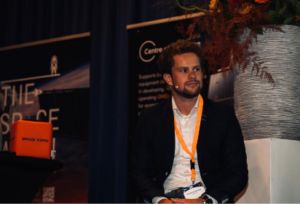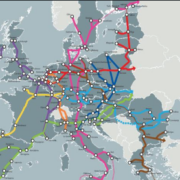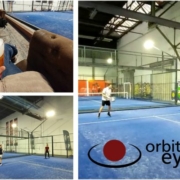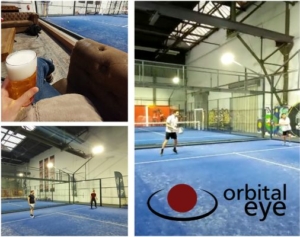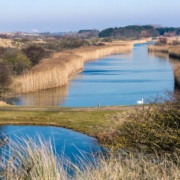World Water Day! 💧
Orbital Eye is now monitoring the critical transport pipelines of three Dutch water companies – Dunea, PWN, and Waternet, providing clean drinking water to over 2.2 million households in the Netherlands.
These large pipelines transport pre-treated water from the rivers (Dunea), from the Lekkanaal (Waternet), and from the Ijsselmeer (PWN), to the Dutch water dunes, where the water is further cleared to be distributed to consumers. Besides, parts of these pipelines are directly connected to industrial consumers.
In general, the water companies are aware of all third-party activities that are going on around these pipelines. However, as the pipelines are typically located in remote areas, it can be challenging for the water companies to monitor each part of the pipeline frequently for unknown activities close to, or on top of the pipelines.
Orbital Eye informs the water companies on a frequent basis about the activities going on in the pipeline corridor – based on the analysis of SAR- and multispectral satellite imagery. Moreover, if an activity is detected, Orbital Eye also provides an optical image for the location of the activity, enabling the staff of the water companies to do a first assessment of the detected activities from the office.
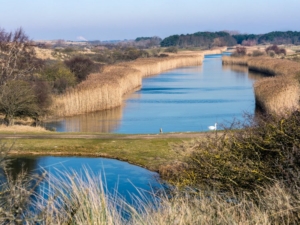
An additional benefit of using satellite imagery to monitor these critical pipelines is that for every location along the pipeline, an archive is built up – with information about detected activities, and optical satellite imagery. In case a leakage occurs, the water companies can easily look back in time to see if any third-party activities took place at the location of the leakage.

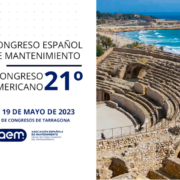
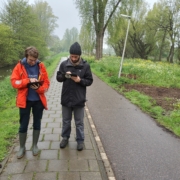
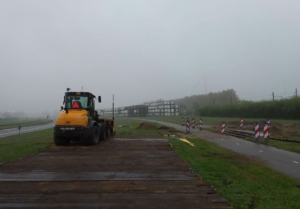
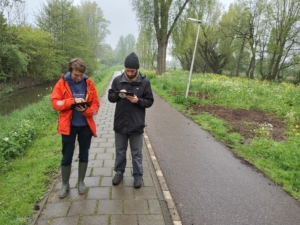
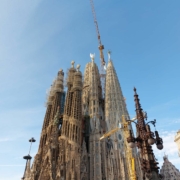
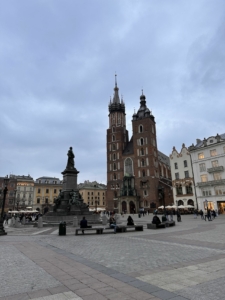
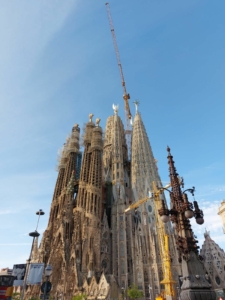
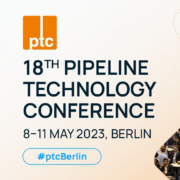
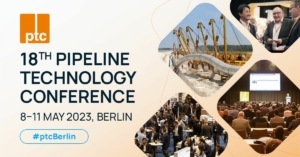
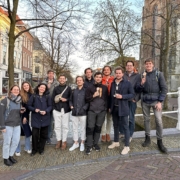

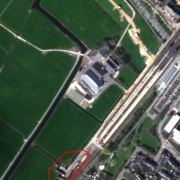
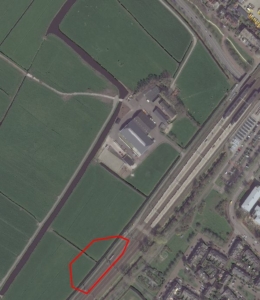
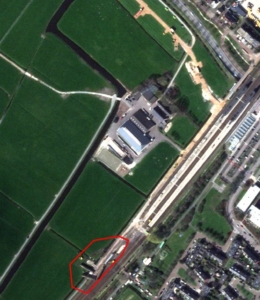 As a provider of advanced monitoring solutions, Orbital Eye is closely monitoring the affected area where some of our customers’ pipelines are located. With our satellite-based monitoring solution, we detected not only the derailed train wagons but also the aftermath of the train incident. This means that our customers can keep an eye on the repair works taking place and if these works are affecting their pipeline. For example, we detected that the vehicles and machines used for the repair works are brought on-site via a newly created access road, which runs over the pipeline.
As a provider of advanced monitoring solutions, Orbital Eye is closely monitoring the affected area where some of our customers’ pipelines are located. With our satellite-based monitoring solution, we detected not only the derailed train wagons but also the aftermath of the train incident. This means that our customers can keep an eye on the repair works taking place and if these works are affecting their pipeline. For example, we detected that the vehicles and machines used for the repair works are brought on-site via a newly created access road, which runs over the pipeline.
